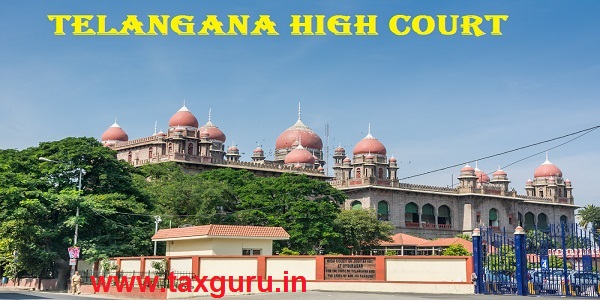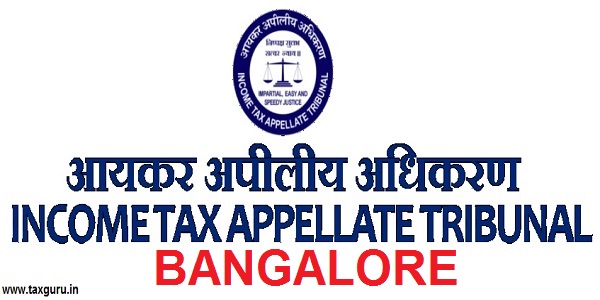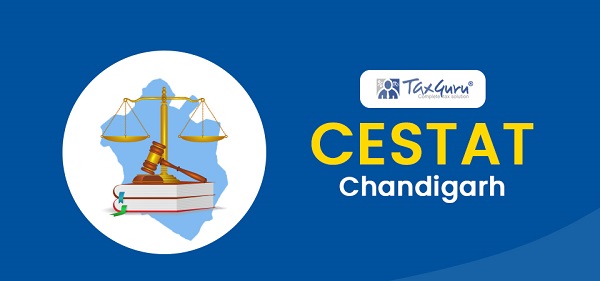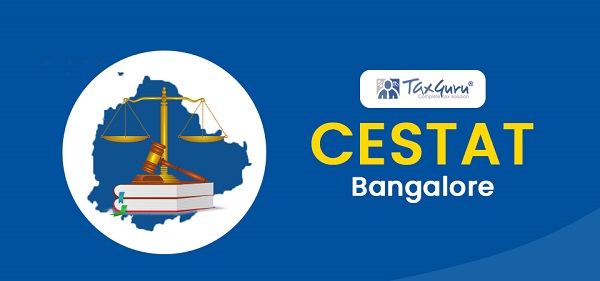Dr. Sanjiv Agarwal, FCA, FCS

Its more or less an accepted fact that almost all economics including Indian economy are passing through a rough weather amidst global slowdown. The economic growth has slowed down in various industrial and service sectors over past few quarters. Some economists term it as a cyclical slowdown while others as structural due to changes taking place in various sectors. One such example could be sectors impacted by digital economy or auto mobile sector. While slowdown has a multiplier effect, Government still believes that the ongoing slowdown is temporary and that there are signs of recovery.
Of late, it is also seen that apart from the usual Budget, this time the present Government is indulging in reforms, reliefs and concessions in bits and pieces to specific sectors of economy. Some of their booster doses to review economic growth are seen in the form of relief to automobile sector, new tax refund scheme to refund taxes and duties to exporters, easy export credit and enhanced financing to exporters under priority sector lending norms. Some related measures include e-refunds, annual shopping fests for handicrafts, tourisms, textiles etc including quick GST input credit refunds. Recently, relief measures have been taken for real estate and housing sector which are expected to help create demand and revival. It announced a special Rs. 20,000 crore fund for financing affordable and middle income housing projects and lowering of interest rates on house building advances. There is a hope that there will be another dose of relief measures soon.
In the given situation, what the Government should be acting upon? While the Government is wise enough and ably guided by eminent pool of advisors, it would be desirable to look at some possible and workable measures, which inter alia include :
- A reasonable (not small) cut in rates by federal bank (RBI)
- Further facilitate ‘ease of doing business’ by :
- Removing bottlenecks
- Simplifying compliances under various laws to be which businesses are exposed
- Simpler tax laws / forex laws
- Review of labour laws
- Rationalization of penalties under various corporate and taxation laws
- Reforming the banking and non-banking financial sectors
- Revival and hand-holding the real estate and housing segments
- Push to disinvestment and infra structure growth
- Revisiting the taxation of high end high assessees
- Focusing on industrial growth as well as agriculture, given the good monsoon this year
- Ensure adequate liquidity in the market to dispel the notion that post demonetization, there is a liquidity crises hampering the businesses to operate and grow
- Banking reforms including consolidation should yield the desired result in a given time frame rather than the exercise ending up in technical leading up of bank’s balance sheets. Weaker banks ought to be merged only if such merger is strategically viable and necessary
India ink and businesses expect a stable, consistent long term, transparent and forward looking tax policy which is aligned to business needs to achieve ease of doing business and this optimism is achievable if all stakeholders, viz, Government, policy-makers, revenue authorities, professionals, businessmen and consumers work towards achieving the same and benefits of GST reaches the end consumer, businesses are able to do businesses freely and easily and contribute to exchequer, tax revenue grows and tax governance is efficient, effective and productive.






























Prease sir exeten due date of audit 2019-20 up to oct-31 i have suffering from non sleeping
cause of lot of presure